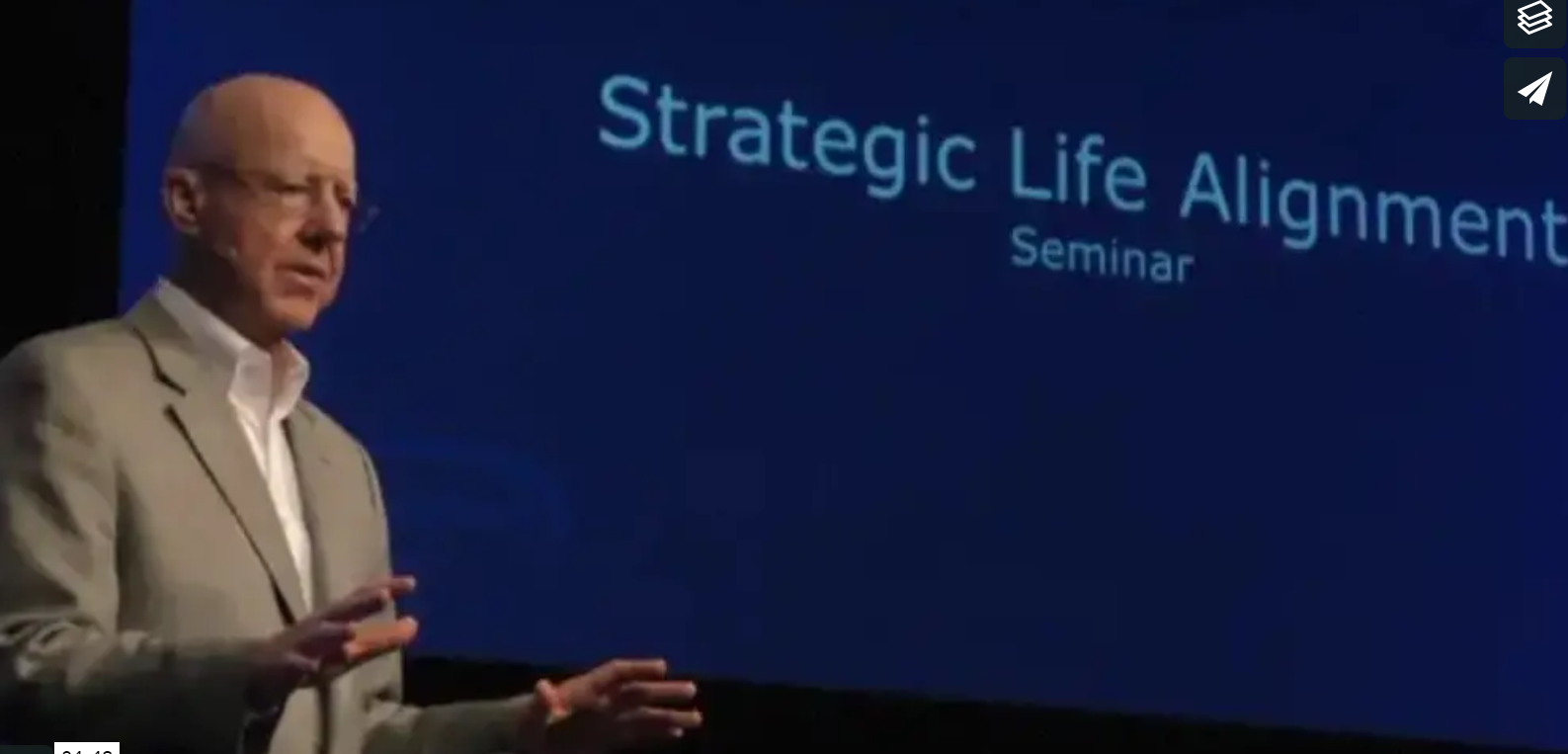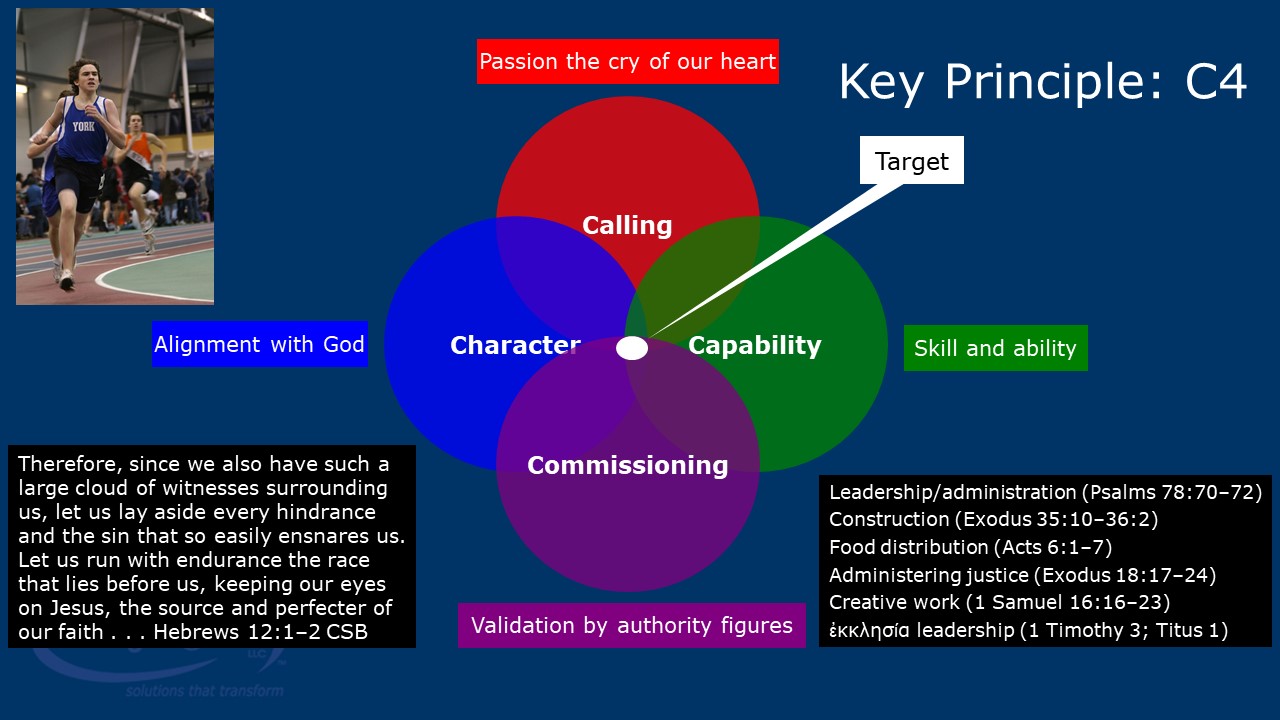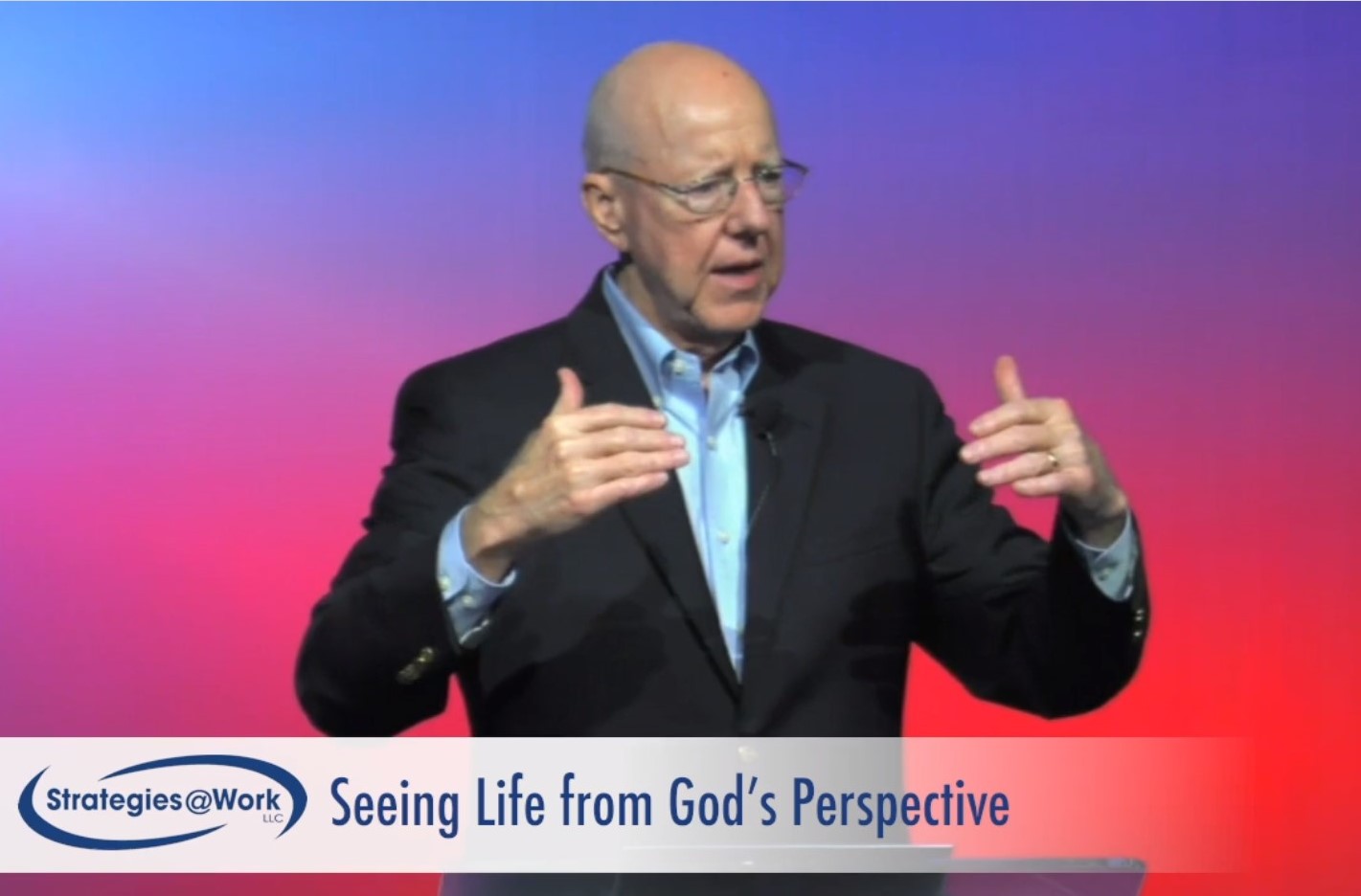 |
||||||
July 1, 2020 |
||||||
Gleanings |
||||||
Workplace Ordination |
||||||
by Gerald R. Chester, Ph.D. |
||||||
| A few years ago, a man in my Christian community volunteered for a mission trip. During a church gathering on the Sunday evening before he departed, the church leaders laid hands on and prayed for him. A few weeks later, he returned from his trip and gave a report to our Sunday evening gathering. The next day he would return to work as an engineer, but the church leaders did not lay hands on and pray for him that night. Later, I thought about this and wondered why we had not prayed for him in his role as an engineer. I realized that the actions of the church leaders, including myself, were rooted in a view of ordination (commissioning) that is inconsistent with Scripture. Our view was that ordination or commissioning is limited to those engaged in church-related activities. The root of this thinking is Platonic dualism. Platonic dualism presumes that the intangible is superior in value to the tangible. This thinking was postulated by the Greek philosopher Plato who taught that the intangible realm, which he called form, was good but the tangible, which he called matter, was not good. The purpose in life (telos) was for imperfect matter to conform to the perfection of form. The extreme of this view is distorted spiritualization—exalting the spiritual and disdaining the tangible—as illustrated above. Contrary to Platonic dualism, the Christian view of the relationship between the spiritual and physical realms as defined by Scripture is that both were created “good” by God and both have been impacted by sin because of the fall of mankind. Since the fall of man, God has been executing a plan of redemption. We must view and value both realms as God does, which means that both spiritual and physical activity are important. Consequently, we should pray for people not only when they do spiritual work, such as missions, but also when they do physical work, such as engineering. The Christian world has, commonly but wrongly, embraced the disdain for physical work associated with Platonic dualism. Given this thinking, it is no wonder that church leaders did not value physical work enough to consider commissioning the man in the above story to his calling as an engineer. Acts 6 provides a Christian view of commissioning—a holistic view of ordination to both church-related work and workplace activities. Work in both the intangible and tangible realms is regarded as ways of serving Christ. Both are, therefore, ministry. The pedestrian view of ministry today is a calling to work in the intangible realm of church-related work, such as, pastor, teacher, prophet, apostle, or evangelist. The English word ministry is the transliteration of the Greek word diakonia, which means “to execute the commands of another.” The Greek word describes a function, not a vocation or calling. Everyone who knows Christ is a minister1 and should function by fulfilling his or her calling according to the commands of Christ in both the tangible and intangible realms. Correctly understanding the concept of ministry helps us understand the vocational calling or ministry of all believers—a church doctrine recovered by the sixteenth-century Reformation.2 This Reformation thinking was congruent with Acts 6. Those called to the ministry of teaching the Word of God (intangible work) were used by the Holy Spirit to ordain or commission those called to the ministry of food distribution (tangible work). Both the calling to the intangible realm of church work and the calling to the tangible realm of food distribution were equally valid ministries. When interpreting transitional texts of Scripture, such as the book of Acts, one must remember that there may be events that are singular—unique—and other events that illustrate norms. This means that not every text is necessarily prescriptive. Correspondingly, one must ask the question about the example of equally valid ordinations to both intangible and tangible work in Acts 6. Was this example simply descriptive or was it intended by the Holy Spirit to be prescriptive? If it is intended to be prescriptive, then the ekklesia3 should commission all to their respective licit vocations. This means that, at a minimum, all people should be offered the opportunity to be commissioned—ordained to their respective callings. This requires spiritual leaders who recognize the call of God on the lives of people and are willing to affirm that call through a commissioning process such as ordination. Commissioning is part of the C4 principle and presumes the ability to discern the other three components in a person: calling, character, and capability. In other words, to commission a person, one must first see the other three traits of the C4 principle. This intimates that one of the activities that church (ekklesia) leaders should practice is to seek to discern the divinely ordained C4 in each person in the community and commission each person to that work as a holy calling to be performed as unto the Lord. It is sometimes difficult to see how tangible work—such as food distribution, construction, manufacturing, or technology—can be a holy calling. Perhaps this is one of the barriers that blocks Christian leaders from this practice. Nevertheless, if we are to be regulated by the Word of God, then our personal biases should not impede us from obeying Scripture. But sadly, for most ecclesiastical leaders, this is a step too far. They cannot think beyond the conventional Platonic dualistic paradigm. Consequently, those called to work activities outside church work are not supported (commissioned or ordained) in their divine callings. This is truly a travesty. May our prayer be for revelation by church (ekklesia) leaders to the truth of divine callings to all licit work and conviction of the importance of acknowledging and confirming God’s calling on everyone. This is a way to build up the body of Christ first in quality and then in quantity. Just note what happened in Acts 6 after the apostles commissioned the seven chosen for the workplace ministry of food distribution.
When the ekklesia leaders properly addressed the disorderly food distribution by ordaining the right men (based on the C4 principle) to the ministry of food distribution, this “greatly increased” the growth in numbers of the community. And even some of the most ardent opponents to the Christian faith repented and became obedient to the faith. This is very good fruit. This good fruit was the product of the ekklesia leaders who obeyed God by using the C4 principle to identify and commission the right people to workplace callings of food distribution that brought order out of chaos. This is the heart of kingdom of work. ________________________________ |
||||||
| Quick links | ||||||
Teaching: Disorder to Order and Great Growth |
||||||
| Upcoming Training | ||||||
Seminar: Strategic Life Alignment |
||||||
| Seminar: SLA Alumni Event C4 and Calling | ||||||
| Recent Trainings | ||||||
| Social Media | ||||||
| Gleanings | ||||||
| Other | ||||||
|
||||||








.png)